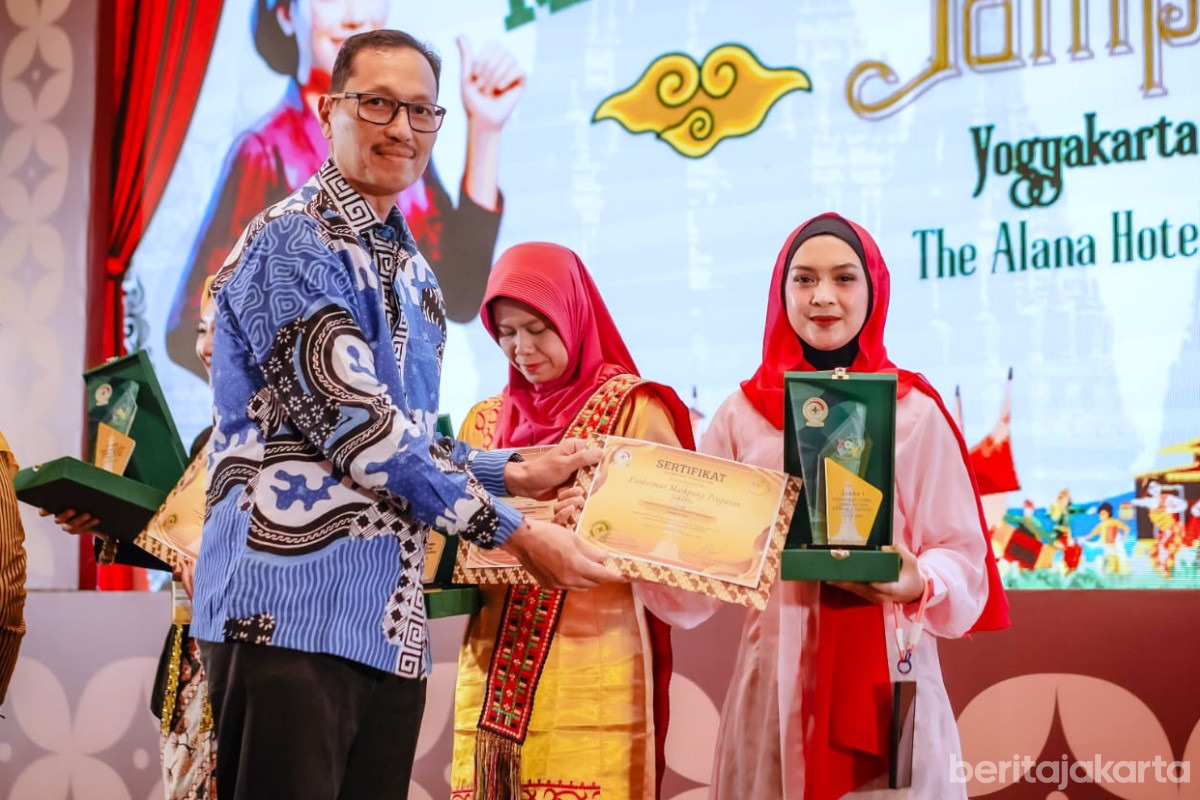The Mampang Prapatan Subdistrict Community Health Center (Puskesmas) won first place in the Team Innovation category and received the Paripurna Award at the 2nd National Puskesmas Jamboree held by Akselerasi Puskesmas Indonesia (APKESMI) in Yogyakarta. Acting Head of the Puskesmas, Sri Lenita, explained that their winning innovation was called TERATAI, featuring its flagship program SETIA (Self-Test HIV-AIDS). The innovation offers Indonesia’s first self-administered HIV rapid blood test, allowing users to know their results quickly and privately.
Lenita emphasized that the initiative aims to expand access and convenience in HIV testing while maintaining patient confidentiality. She elaborated that TERATAI covers a comprehensive range of services, including education, medication reminders, periodic lab check alerts, and automatic lab result delivery.
The program supports the Sustainable Development Goal (SDG 3.3) to eliminate HIV by 2030 through accessible, technology-driven health solutions. With the privacy-centric nature of SETIA, more people are encouraged to get tested earlier without fear of social stigma. This user-centered approach reflects a shift toward empowering individuals to take charge of their health discreetly and confidently.
Lenita also noted that SETIA had received attention from USAID Washington during their study visit on self-testing models and has since been adopted by other health centers, such as Tebet and Jagakarsa Puskesmas. She hopes the innovation continues to evolve and can be implemented nationwide to provide wider community benefits. Since its introduction in 2021, the program has shown consistent progress and refinement. Lenita added that the team prepared for the national competition over two months, marking another milestone in public health innovation.
As of September 2025, TERATAI has achieved remarkable outcomes: the number of at-risk individuals tested for HIV rose from 78.4% to 100%, and patient adherence to medical check-ups increased from 79.8% to 98%. Additionally, the proportion of patients with undetectable viral loads under ARV treatment improved from 94.6% to 99%. The initiative also reduced the viral load test turnaround time from 30 days to just 14, while establishing psychosocial support classes for patients living with HIV.
Alexander Jason – Redaksi



